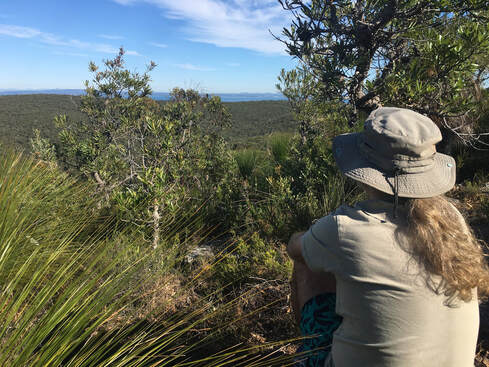Invitation to share your expertise:
what should our communities do to best support conservation?
|
Dear conservation colleagues
We are currently conducting research about how to increase community members’ engagement in conservation actions. The question this raises is: which community actions will be of greatest benefit for biodiversity? There isn’t currently any objective data to answer this question so we are seeking expert opinion from conservation scientists and practitioners who work in Australian contexts – across the areas of terrestrial, aquatic and marine conservation. Your expertise is crucial in helping us prioritise which behaviours we should focus on in conservation behaviour change programs and so we really hope that you can take part in the research. To elicit priorities, we are using an online technique called ‘best worst scaling’ [1]. This means that we show you lots of different combinations of different actions, and therefore the survey can feel repetitive – this is adeliberate part of the technique. The survey takes approximately 25-30 minutes – while we recognise that this is not quick, we hope that this online survey is a more efficient use of your time than alternative approaches (such as inviting experts to travel to a workshop). Given your valuable expertise, we would really appreciate your responses. In appreciation of your time we offer the opportunity go into a draw to win a prize (2 prizes available – your choice of IPad, coffee machine, or $500 voucher). The survey link is here: https://tinyurl.com/ConsActions Please don’t hesitate to get in touch if you have any questions or comments. We are keen for a variety of conservation professionals to participate – we ask you about your experience, and this allows us to look at how responses vary across different groups of professionals. Please feel free to share the survey with your colleagues and networks. Kind regards, Angela [1] Louviere J, Lings I, Islam T, Gudergan S, Flynn T. An introduction to the application of (case 1) best-worst scaling in marketing research. Int J Res Mark. 2013;30(3):292-303. |


